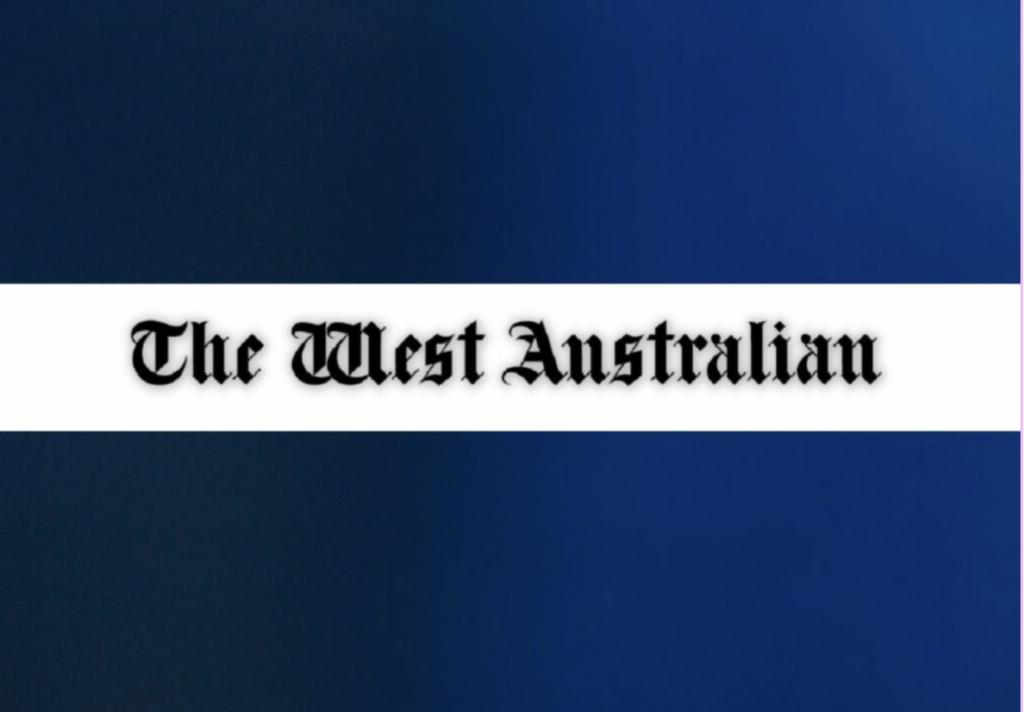
Article by Danielle Le Messurier courtesy of the West Australian.
BHP boss Mike Henry has doubled down on criticism of the Federal Government’s crackdown on labour hire laws, arguing it is taking Australia in the “wrong direction” and will make the country less competitive.
The global miner is among a number of resources giants and employer groups fighting the Government’s proposed “same job same pay” legislation, which would require employers to pay labour hire workers at least the same pay as direct employees doing the same job.
Mr Henry highlighted the industry’s need for better productivity, fiscal settings and faster permitting to support mining investment at an event in Brisbane on Tuesday.
“An industrial relations system that delivers productivity, flexibility, and competitiveness to drive job creation and wage growth. Predictability and reduced risk. Under those conditions, the capital will flow,” Mr Henry told the World Mining Conference.
“Worryingly, some policies are taking us in the wrong direction and are going to make Australia less competitive: this includes recent and proposed changes to industrial relations legislation, particularly the same job same pay legislation and multi-employer bargaining.”
The same job, same pay proposal — expected to be put to Parliament in the second half of the year — is the headline reform of the second tranche of industrial relations laws being put forward by the Government, following controversial multi-employer bargaining laws that were passed in December.
BHP has estimated the proposal could potentially add up to $1.3 billion to its annual wage payments and has argued it would threaten jobs.
Mr Henry also criticised the Queensland Government’s new royalty regime, introduced last year on the back of higher coal prices, saying BHP would “not be investing any further growth dollars in Queensland under the current conditions”.
However, he praised the Federal Government for its work restoring the relationship with China and defended its new critical minerals strategy, saying attempts to match the US Inflation Reduction Act were a “losing proposition”.
The long-awaited blueprint, released last week, contained an extra $500 million for downstream processing but was panned by some mining bosses — including Mineral Resources founder Chris Ellison, who argued it missed an opportunity for tax incentives and financial assistance.
Mr Henry said Australia was “simply too small” to compete with the hundreds of billions of dollars of subsidies and tax breaks for renewables investment offered through the Biden Administration’s historic climate change legislation, passed by the US Congress in August last year.
“I did see some criticism that the new (critical minerals) strategy didn’t contain even more by way of subsidies. For what it’s worth, I think this is absolutely the right approach,” Mr Henry said on Tuesday.
“Trying to match the Inflation Reduction Act is a losing proposition.
“What governments here — Federal and State — should focus on are those things within their control to make investment fundamentally more attractive. Not simply due to the sugar hit of a subsidy.”
Resources Minister Madeleine King last week acknowledged the industry’s call for tax breaks and subsidies but said it would not be “handing out the bottles of cash that people have become accustomed to”.
Mr Henry said the critical minerals strategy “recognises the importance of the opportunity ahead”.
